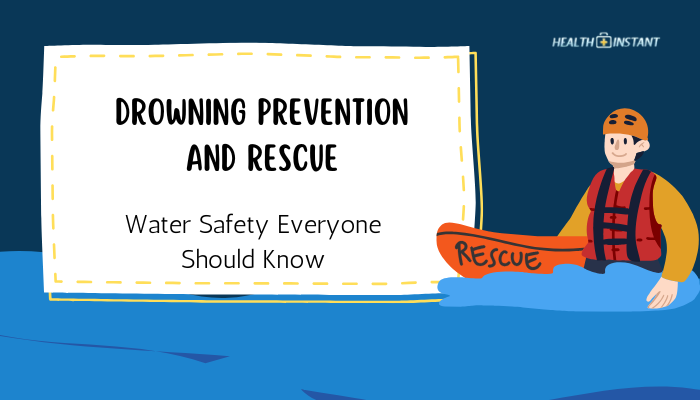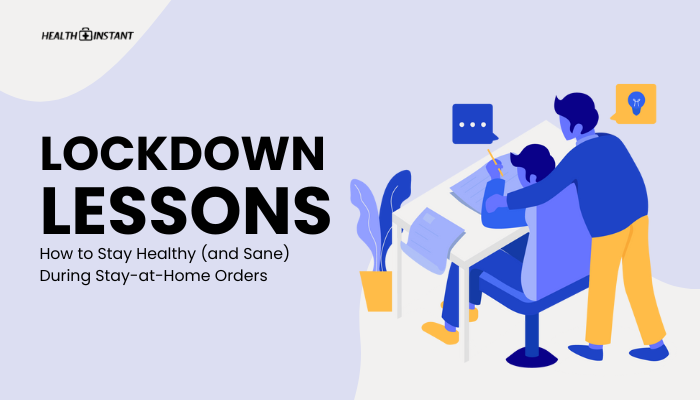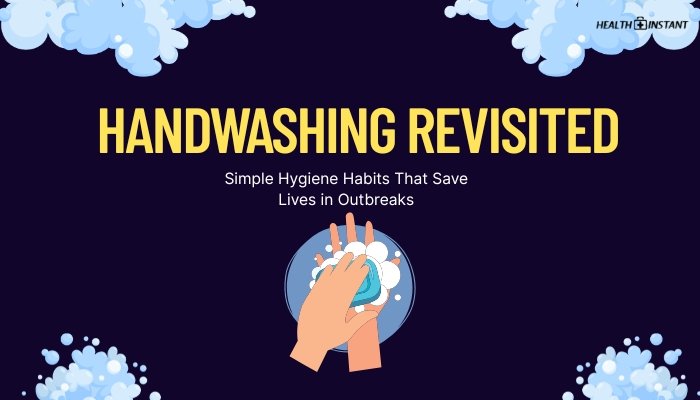Introduction
Children born during the COVID-19 pandemic have been in a world of lockdowns, social distancing, and heightened parental anxiety. Parents often wonder if these disruptions might have a lasting effect on their babies’ mental, emotional, or physical development.
While some differences in social exposure or maternal stress exist, many experts suggest that with attentive care and supportive environments, most children will continue to thrive. This guide explores current understandings about “pandemic babies,” potential influences on early development, and ways to support healthy growth.
Why “Pandemic Babies” Became a Topic of Concern
During the height of the pandemic:
- Routine Healthcare Changes
- Prenatal appointments shifted online, sometimes leading to reduced face-to-face assessments.
- Prenatal appointments shifted online, sometimes leading to reduced face-to-face assessments.
- Isolation
- Babies met fewer extended family members, had fewer playdates, and overall less in-person interaction.
- Babies met fewer extended family members, had fewer playdates, and overall less in-person interaction.
- Heightened Parental Stress
- Financial strain, worry about virus exposure, and limited social support took a toll on caregivers.
- Financial strain, worry about virus exposure, and limited social support took a toll on caregivers.
These factors sparked a question: could pandemic conditions hamper infant milestones like social or language development?
Possible Impact on Infant Development
Maternal Stress and Anxiety
- Hormonal Influence
- Prolonged maternal stress can affect fetal development, sometimes linked to birth outcomes or temperament issues later.
- Prolonged maternal stress can affect fetal development, sometimes linked to birth outcomes or temperament issues later.
- Emotional Atmosphere
- Infants detect caregiver moods, so parental anxiety can shape a baby’s stress responses.
- Infants detect caregiver moods, so parental anxiety can shape a baby’s stress responses.
Reduced Social Exposure
- Fewer Interactions
- With fewer visitors or community gatherings, babies had less chance to observe faces and cues outside immediate household.
- With fewer visitors or community gatherings, babies had less chance to observe faces and cues outside immediate household.
- Delayed Group Play
- Some experts worry about mild lags in social or communicative skills, though early data suggests these might be temporary.
- Some experts worry about mild lags in social or communicative skills, though early data suggests these might be temporary.
Changes in Prenatal Care and Birth Settings
- Modified Hospital Policies
- Limited partner presence during delivery or postpartum.
- Limited partner presence during delivery or postpartum.
- Delayed or Virtual Check-Ups
- Potential missed early interventions for issues that might’ve been caught in routine visits.
- Potential missed early interventions for issues that might’ve been caught in routine visits.
Early Research Findings
Studies are ongoing, but preliminary insights:
- Mixed Results
- Some small-scale research indicates minor lags in language or social milestones, while others show no major difference from pre-pandemic cohorts.
- Some small-scale research indicates minor lags in language or social milestones, while others show no major difference from pre-pandemic cohorts.
- Resilience Factor
- Infants often adapt well; any mild delays in interactive skills might catch up once normal social contexts resume.
- Infants often adapt well; any mild delays in interactive skills might catch up once normal social contexts resume.
- Parent-Child Bonding
- More time at home sometimes fostered stronger primary caregiver bonds, balancing out potential negatives.
- More time at home sometimes fostered stronger primary caregiver bonds, balancing out potential negatives.
As these babies grow, larger studies will confirm or dispel concerns about any lasting effects.
Supporting Pandemic Babies’ Development
Stimulating Home Environment
- Tummy Time and Play
- Simple, consistent activities encourage motor and cognitive milestones.
- Simple, consistent activities encourage motor and cognitive milestones.
- Reading and Singing
- Language exposure, even in a small household, nurtures speech development.
Social Interaction and Play
- Virtual Visits
- Video chats with grandparents or peers, while not a perfect substitute, still offers baby fresh faces.
- Video chats with grandparents or peers, while not a perfect substitute, still offers baby fresh faces.
- Outdoor Outings
- Safe, masked meet-ups in parks if local guidelines allow broadens the baby’s environment.
Monitoring Milestones
- Regular Pediatric Check-Ups
- In-person or telehealth sessions help track normal progression and address issues quickly.
- In-person or telehealth sessions help track normal progression and address issues quickly.
- Interactive Toys
- Sensory or problem-solving toys enhance curiosity and coordination.
Addressing Parental Stress
- Seek Support
- Virtual parenting groups, mental health hotlines, or counseling can help manage anxiety.
- Virtual parenting groups, mental health hotlines, or counseling can help manage anxiety.
- Share Tasks
- If possible, create a routine with your partner or friends (e.g., meal trains or babysitting swaps when safe).
- If possible, create a routine with your partner or friends (e.g., meal trains or babysitting swaps when safe).
- Self-Care
- Even short breaks or exercise routines help maintain well-being, crucial for infant care.
When to Seek Professional Advice
- Missed Milestones
- If a baby shows consistent delays (e.g., not babbling by a certain age, not sitting up), consult pediatricians.
- If a baby shows consistent delays (e.g., not babbling by a certain age, not sitting up), consult pediatricians.
- Extreme Social Withdrawal
- Indifference to interaction, excessive fear around strangers beyond normal caution, or major changes in behavior.
- Indifference to interaction, excessive fear around strangers beyond normal caution, or major changes in behavior.
- Parental Burnout
- If stress or depression hamper daily functioning, speak to a mental health professional.
- If stress or depression hamper daily functioning, speak to a mental health professional.
Early identification leads to prompt interventions, ensuring children get relevant therapies or support.
Conclusion
Although the COVID-19 pandemic altered the environment in which these babies grew—less in-person interaction, heightened household stress—they remain adaptable and resilient. Observing typical caregiving, communication, and providing safe, stimulating spaces can compensate for reduced external social exposure.
Ongoing studies might refine our understanding, but parents focusing on consistent routines, emotional support, and healthy development steps can confidently guide their children’s growth. Where doubts arise, professional advice ensures that any needed help is available, fostering bright outcomes even amid unprecedented early life circumstances.
References
- Centers for Disease Control and Prevention (CDC). (2021). Developmental milestones during COVID-19.
- American Academy of Pediatrics (AAP). (2020). Infants and toddlers during the pandemic: Guidance for parents.
- World Health Organization (WHO). (2019). Maternal mental health and infant development.
- Child Development Journal. (2022). Pandemic birth cohorts: Preliminary research findings.
Disclaimer: This guide provides general information. Parents concerned about their child’s development should consult pediatricians or child development specialists for personalized advice.







